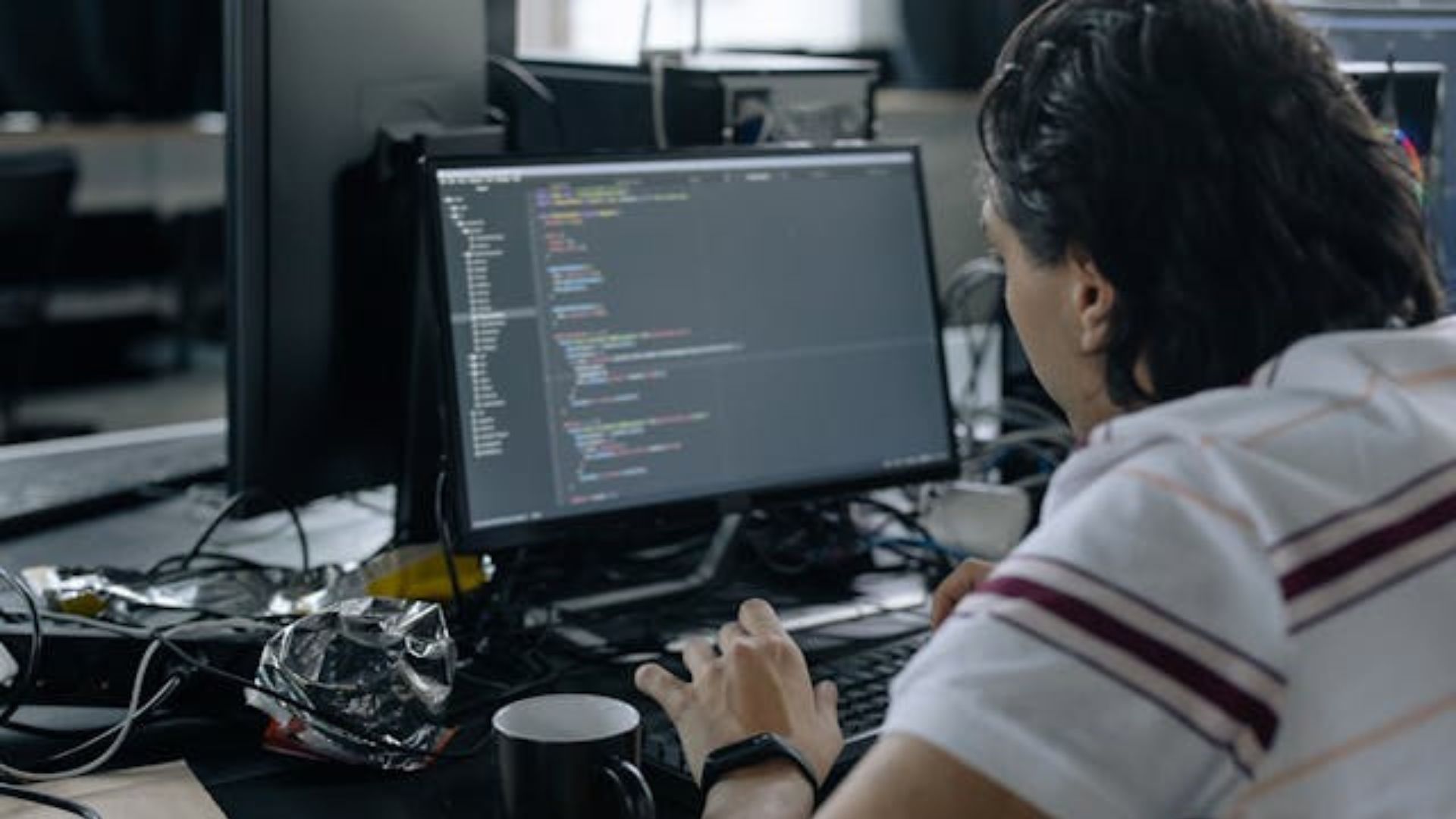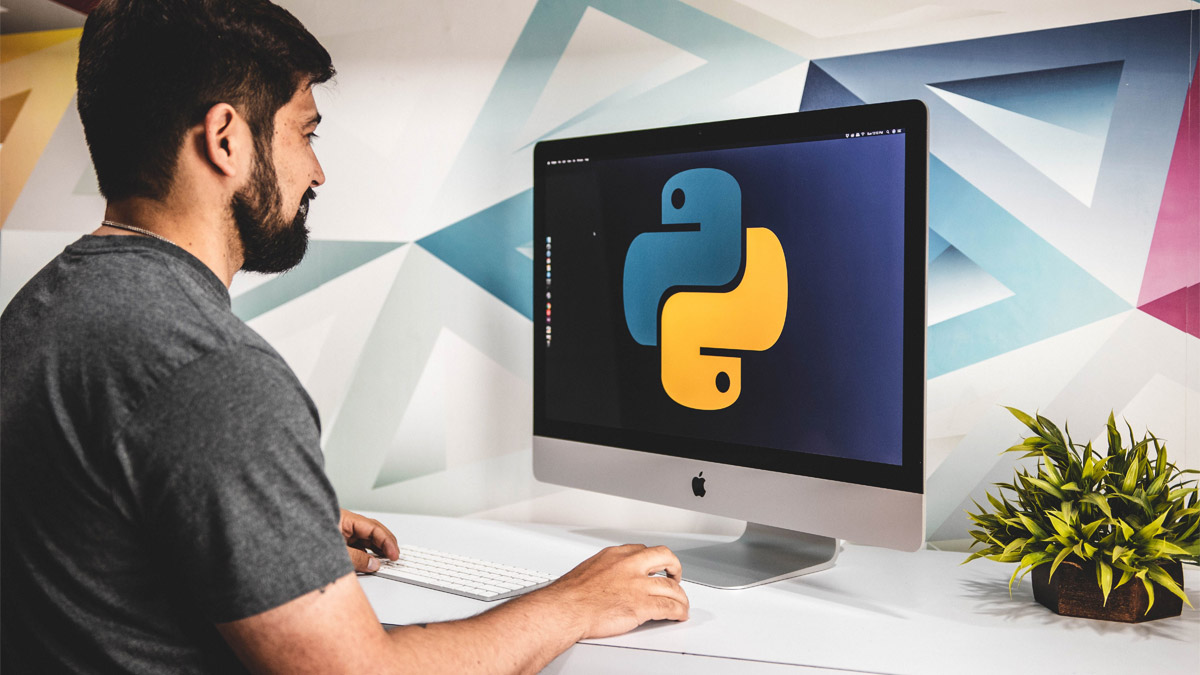Introduction
Here’s the revised introduction with the focus keyword included:
Python has evolved as one of the most popular programming languages, enjoyed by both beginners and professionals. Python’s versatility makes it an excellent choice for building websites, automating activities, analyzing data, and exploring artificial intelligence.
But what is the best way of learning Python to make fast progress and genuinely master it? With so many materials available, it’s easy to become overwhelmed. Don’t worry, we have you covered! In this blog, we’ll offer the most effective approach to learn Python, including actionable advice, tried-and-true strategies, and practical tools to help you succeed quickly and successfully.
Let us get started on your Python journey!
Why Learn Python?
Before getting into learning methodologies, it’s necessary to understand why Python is worth your time.
- Beginner-friendly: Python’s simple syntax is easy to read and write, making it perfect for beginners.
- Widely Used: Python is widely used, by tech giants like Google to small entrepreneurs.
- High Demand: Python engineers make good pay, and demand is increasing.
- Versatile: Python is versatile; it may be used for web development, data analysis, machine learning, and game development.
According to a recent Stack Overflow survey, Python is the most popular programming language among developers, with 44% using it as their primary tool.
Best Way of Learning Python for Fast Progress
Follow these tried-and-true strategies to learn quickly and effectively:
Define your goals
Why would you want to learn Python? Defining your objectives will help you navigate your learning journey.
- For web development, use Django or Flask.
- Learn about Data Science libraries such as Pandas and NumPy.
- For AI and Machine Learning, look into TensorFlow or PyTorch.
Knowing your ultimate goal keeps you motivated and focused on related abilities.
Start with the Basics
Create a solid foundation by grasping Python’s fundamentals:
- Variable and Data Types
- Loop and Conditional Statements
- Functions and Modules
File Management Resources:
- Platforms such as W3Schools offer free online tutorials.
- Codecademy offers beginner-friendly courses.
Also Read – What is the Python Programming Language?
Practice with Small Projects
Hands-on practice is the most effective technique to solidify your comprehension.
- Simple projects for beginners:
- A to-do list application
- A rudimentary calculator.
A number guessing game.
Why it works: Projects make studying enjoyable and allow you to apply academic information to real-world situations.
Learn Through Interactive Platforms
Interactive platforms provide rapid feedback, which helps you learn faster.
Top platforms include HackerRank and LeetCode for coding competitions.
Explore Python Libraries
Python’s libraries are what make it so effective. Depending on your goals, begin investigating popular libraries:
Data Science: Pandas, NumPy, and Matplotlib
Web Development: Flask and Django
Scikit-learn and TensorFlow are two machine learning frameworks.
Tip: To avoid getting overwhelmed, focus on one library at a time.
Join a Python community
Engaging with others can help you make progress and stay motivated.
- Popular communities include Reddit’s r/learnpython.
- Meetup hosts Python groups.
Why It Helps: Get guidance, exchange projects, and solve difficulties with like-minded students.
Take advantage of structured courses
While self-learning is beneficial, formal courses provide a clear road map.
- Top Python courses include “Python for Everybody” on Coursera.
- “Complete Python Bootcamp” on Udemy.
Why it works: Learn through expert supervision and real-world projects.
Test Your Skills Regularly
Regular testing ensures that you remember what you have learnt.
- Tools for practice:
- Kaggle for data science competitions.
- Codewars are problem-solving activities.
Tip: Set aside a few hours each week to solve problems.
Create real-world projects
Nothing accelerates learning like developing real-world applications.
- Project ideas:
- A weather app built with APIs.
- A Django-based blog website.
- A chatbot based on machine learning.
Why It is Important: Showcases your abilities to potential employers and builds confidence.
Pro Tips for Fast Python Learning
- Consistency is key: Set aside a specific amount of time each day or week to practise Python.
- Don’t Fear Mistakes: Errors are a necessary part of learning; embrace them!
- Track your progress: Use apps like Trello or Notion to track your learning progress.
- Stay Curious: Try out new tools, libraries, and frameworks.
Statistics Highlighting Python’s Popularity
- Python is currently the fastest-growing programming language (Stack Overflow, 2023).
- It is the top programming language for data science and machine learning (IEEE Spectrum, 2023).
- More than half of developers use Python in their daily job (JetBrains, 2023).
Conclusion
Learning Python does not have to be daunting. By following these tried-and-true tactics and utilizing the best way of learning Python, you’ll make quick progress and acquire the skills needed to create engaging projects. Python provides limitless opportunities, whether you want to pursue a career in technology or simply learn how to program.
So what are you waiting for? Begin today, be consistent, and see your talents improve! Remember, every master started as a beginner—you’ve got this!
Mastering Python is a journey that can open doors to countless opportunities. By following the best way of learning Python, staying consistent, and practicing regularly, you’ll quickly become proficient in one of the most powerful and versatile programming languages. Start now, and see how far Python can take you!
FAQs
Yes! Python is intended to be beginner-friendly, and many resources cater to complete beginners.
It all relies on your goals and perseverance. The fundamentals can be learnt in 4-6 weeks, however advanced talents may take 6 months or longer.
Absolutely. Many entry-level employment demands Python abilities, particularly in data analysis, web development, and artificial intelligence.
Yes! Platforms such as YouTube, FreeCodeCamp, and Python.org provide free tutorials and materials.
The simplest method for learning Python is to take a methodical, systematic approach. Before going on to more complex ideas like object-oriented programming and libraries, start by being proficient with the fundamentals, such as variables, data types, and loops. Interactive practice is essential; learning is made more fun and efficient with tools that let you code directly in the browser or with guided projects. Enrolling in a coding bootcamp or course, like those provided by the School of Coding & AI, guarantees that you will receive professional mentoring, practical projects, and the encouragement of a learning community. The most crucial factor is consistency; even 30 minutes of practice a day can result in consistent and discernible improvement.
Many people consider Python to be among the most user-friendly programming languages for novices. It is less daunting than other languages like Java or C++ because of its straightforward syntax, which is very similar to English. Writing and understanding Python code comes naturally to beginners, so they don’t have to worry about complex rules or symbols. Additionally, a wealth of user-friendly training material and groups are available online for beginners. Most beginners may begin building useful Python programs in a matter of weeks with the correct instruction and hands-on practice.
The amount of time it takes to become proficient in Python is determined by your level of practice and effort. If they set up consistent study time, many students may acquire the fundamentals in 6–8 weeks. It could take six months to a year to become proficient—at ease with problem-solving, real-world applications, and well-known libraries like Pandas, NumPy, or Django. But learning is a continuous process. Even seasoned Python developers keep improving their skills as technology advances. Combining structured learning with real-world projects, like creating apps, analysing statistics, or automating easy chores, is the quickest way to advance.
One of the most potent and adaptable programming languages available today is Python. Among its advantages are:
- Learning Ease: Beginners find it easier to learn because of the straightforward syntax.
- High Demand: Python is extensively utilised in fields such as cybersecurity, data science, artificial intelligence, and web development.
- Strong Community Support: Students can access a wide range of tutorials, discussion boards, and open-source libraries.
- Real-World Applications: Python may be used to create a wide range of applications, from automating routine processes to creating complex ones.
- Career Opportunities: Some of the highest-paying and fastest-growing technology jobs are accessible to those who master Python.
To put it briefly, Python offers you a robust toolkit to handle challenges in practically any sector, not just coding.
Absolutely—Python remains one of the most relevant and future-proof skills in 2025. As artificial intelligence, machine learning, and data-driven technologies continue to dominate the global job market, Python is at the heart of these innovations. Leading companies, from tech giants like Google and Microsoft to start-ups, rely on Python for building scalable and intelligent solutions. It is also increasingly taught in schools and universities, making it a cornerstone of digital literacy. For students, professionals, and businesses alike, Python is not just worth learning—it is essential for staying competitive in the digital economy of 2025 and beyond.







